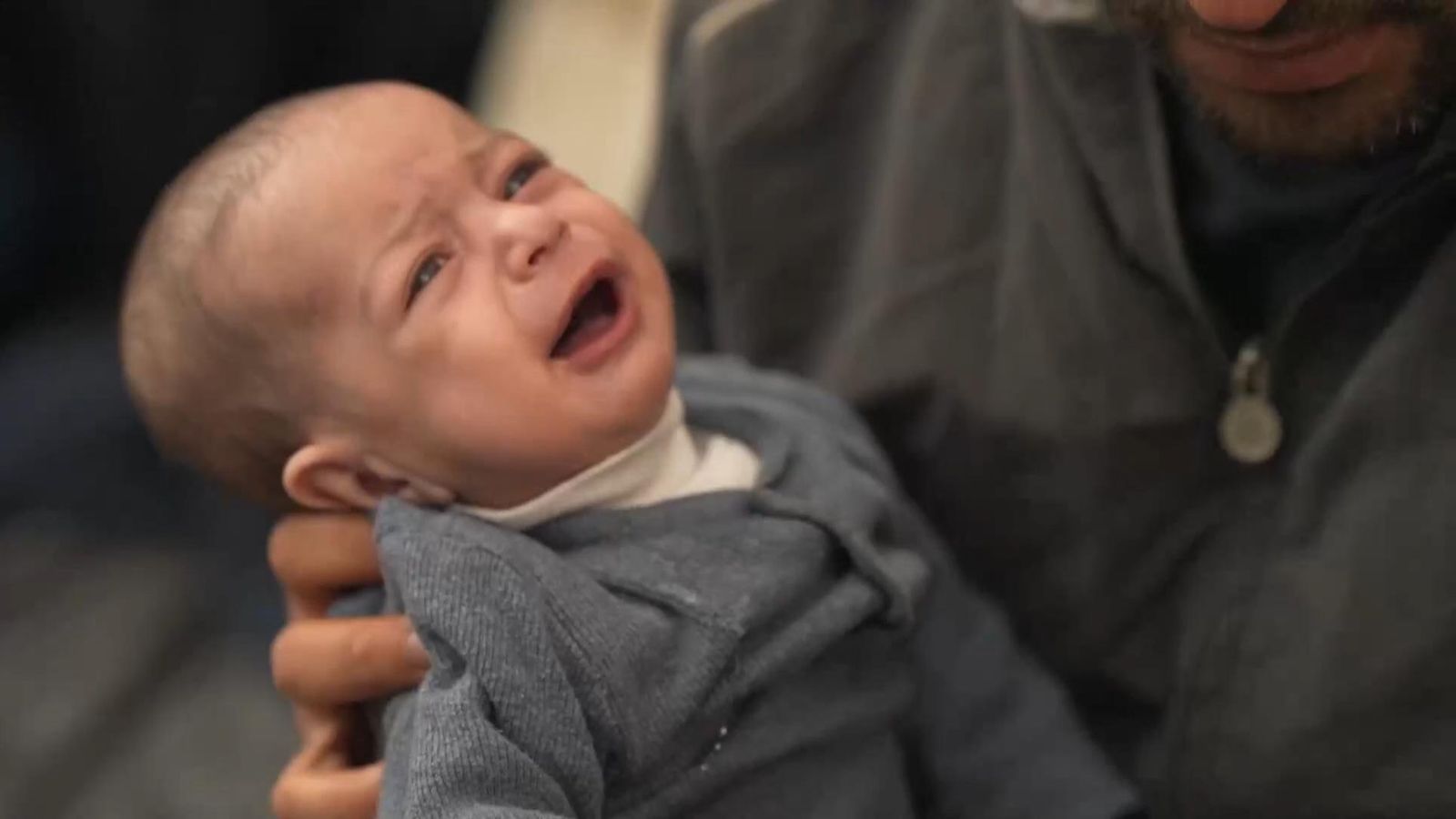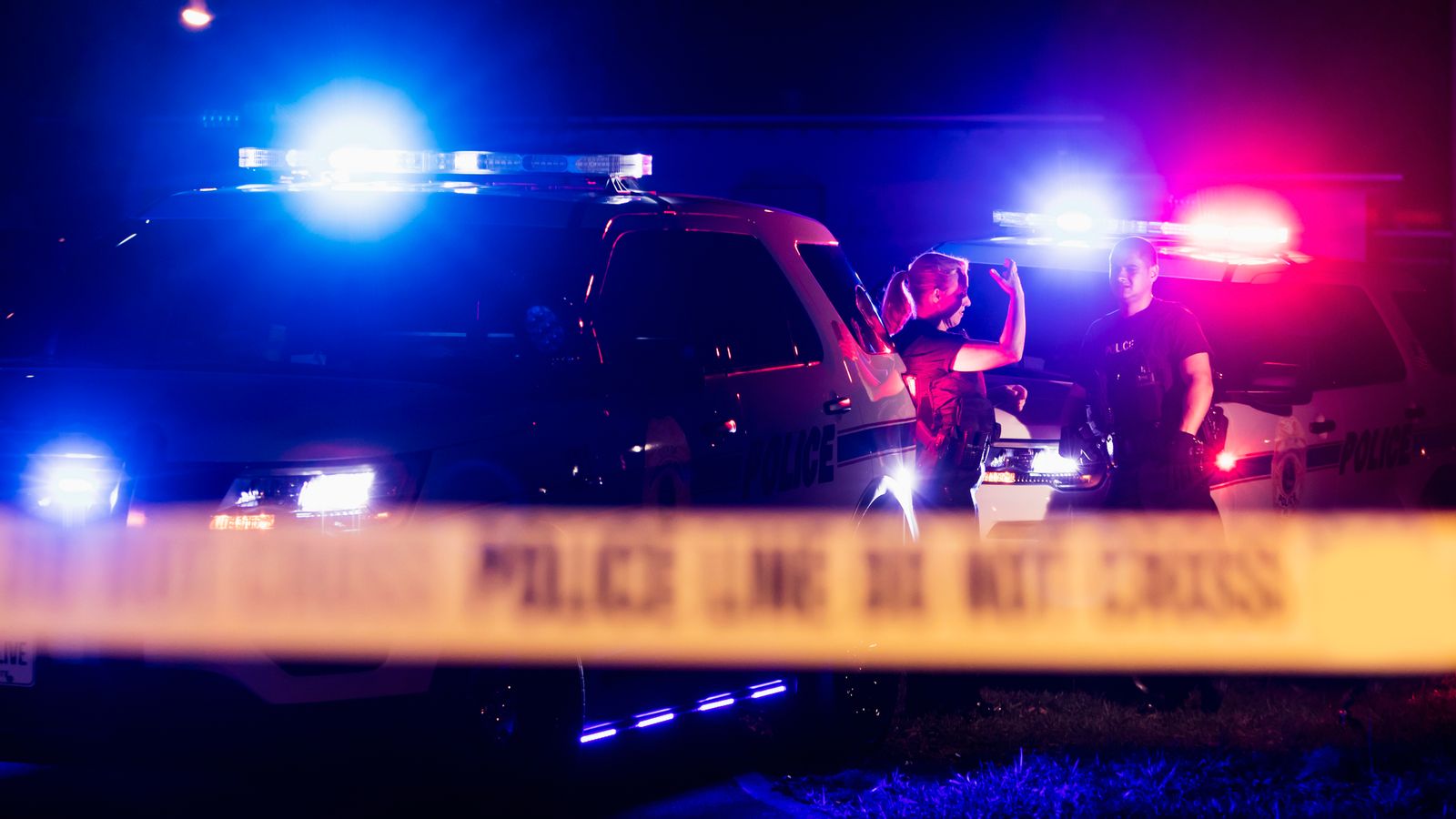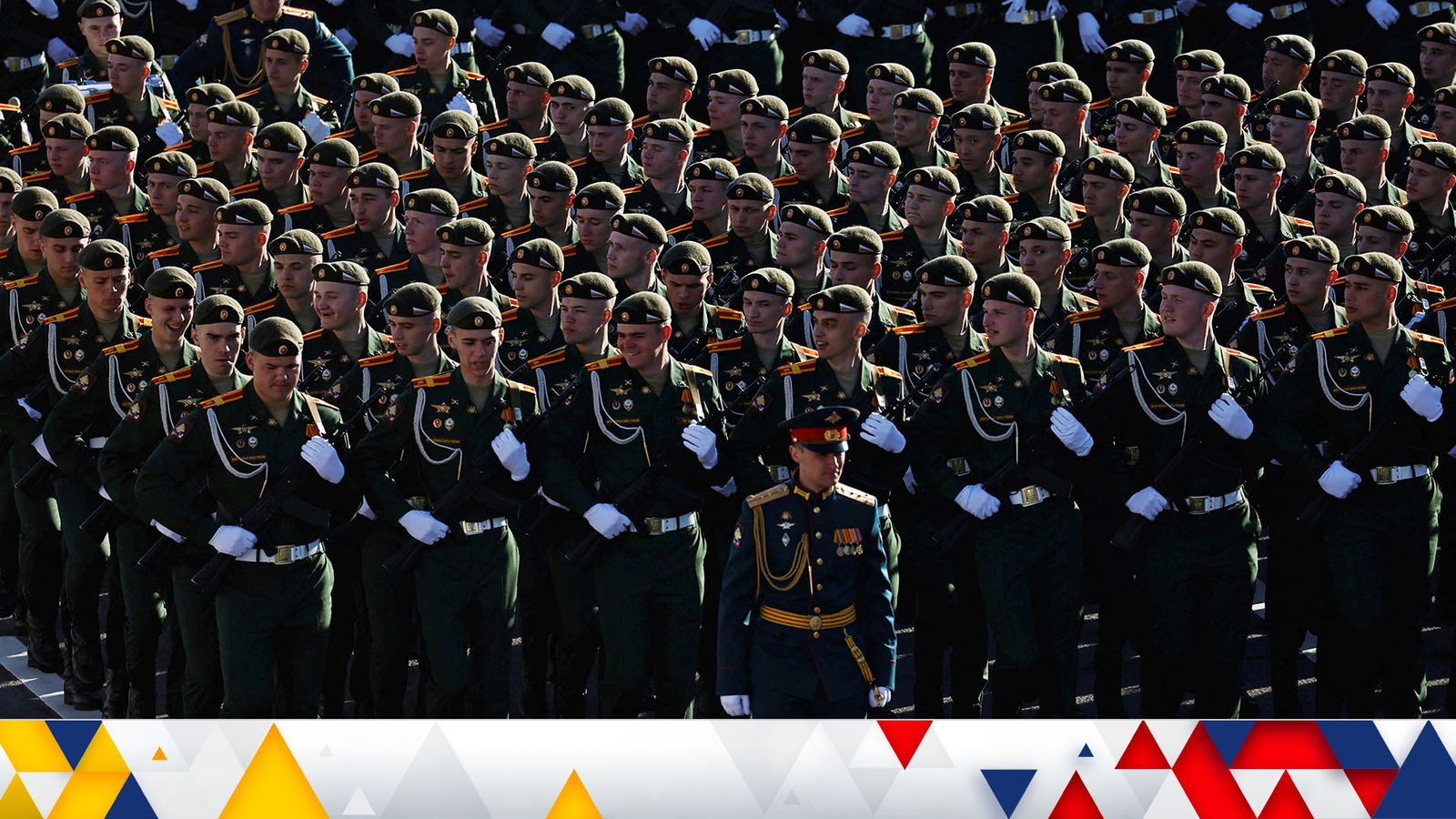The war in Ukraine is set to enter a new phase, British military intelligence chiefs have said this morning.
Russian forces are “almost certainly” massing in the south in preparation for a counter-offensive from Ukraine, the Ministry of Defence (MoD) warned on Saturday.
Long convoys of military trucks, tanks and towed artillery are moving southwest away from the Donbas region in eastern Ukraine, the MoD tweeted in an intelligence update.
“Russia’s war on Ukraine is about to enter a new phase, with the heaviest fighting shifting to a roughly 350km front line stretching southwest from near Zaporizhzhia to Kherson, paralleling the Dnieper River,” the tweet said.
Battalion tactical groups – made up of between 800 and 1,000 troops – have been deployed to Crimea and are expected to support Russia troops in Kherson, according to the MoD update.
Equipment is also believed to have been moved from mainland Russia and areas occupied by Moscow – including Melitopol, Berdiansk and Mariupol – via the Kerch Bridge into Crimea.
Kyiv is focusing targeting on bridges, ammunition depots and rail links with growing frequency in southern regions.
Key to this strategy is the important railroad spur linking Kherson to Crimea, with a combination of “block, damage, deny, destroy and disrupt” effects due to be deployed in the hope of hindering Russia’s ability to logistically resupply.
The MoD warning comes hours after both Kyiv and the Kremlin blamed each other for shelling on Europe’s biggest nuclear power plant in Zaporizhzhia.
The plant was seized by Russian forces in March but continues to be run by Ukrainian technicians.
Ukraine’s foreign ministry warned the consequences of hitting an operating reactor are “equivalent to the use of an atomic bomb” – as president Volodymyr Zelenskyy demanded fresh sanctions on the Russian nuclear industry.
But Russia’s defence ministry retaliated by claiming it was a matter of luck a radiation leak was avoided.


